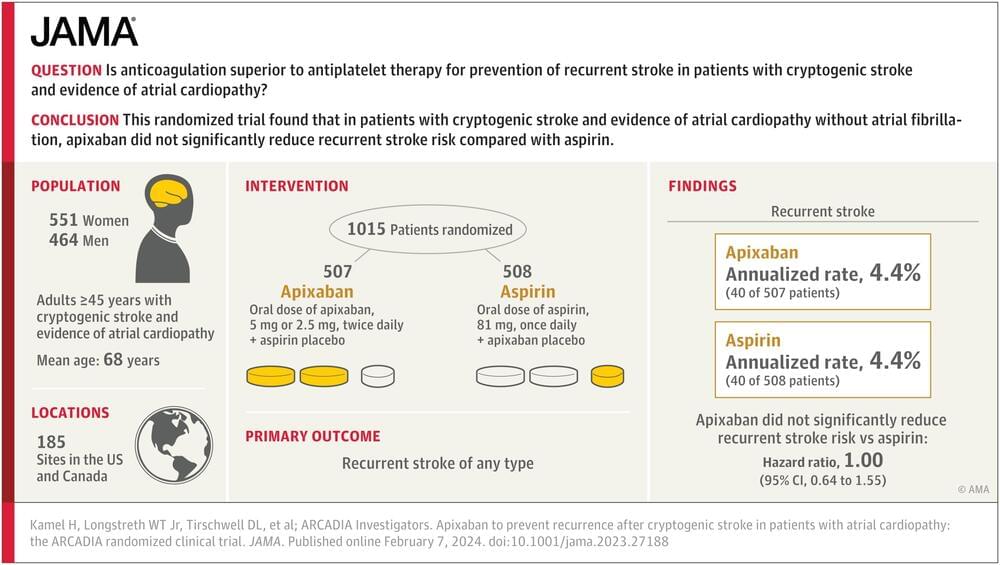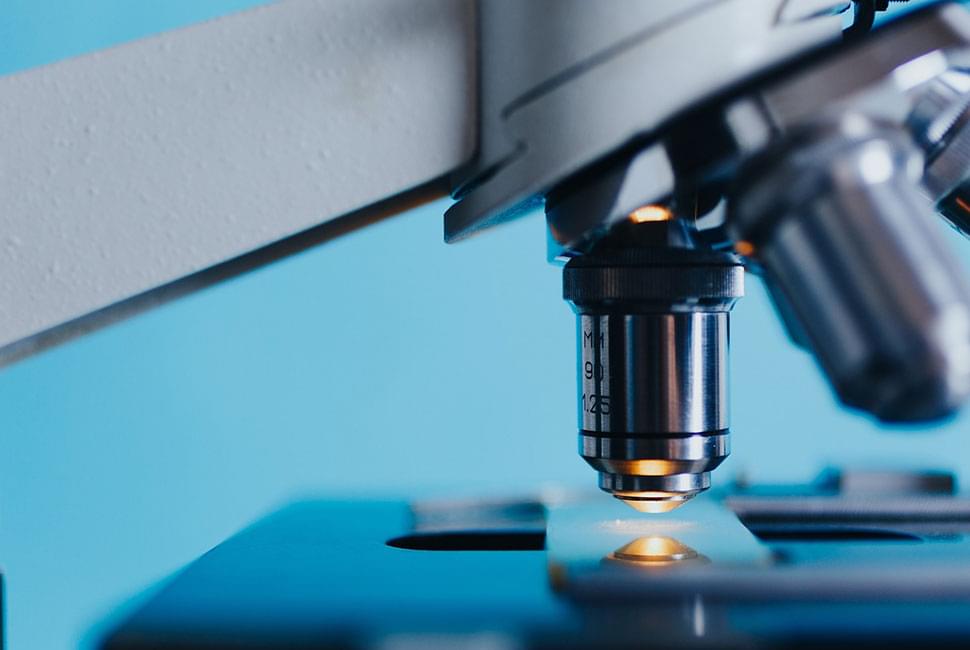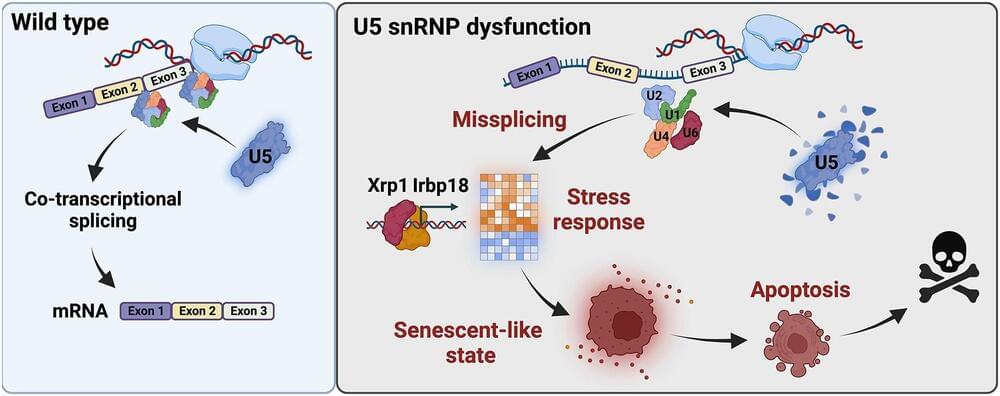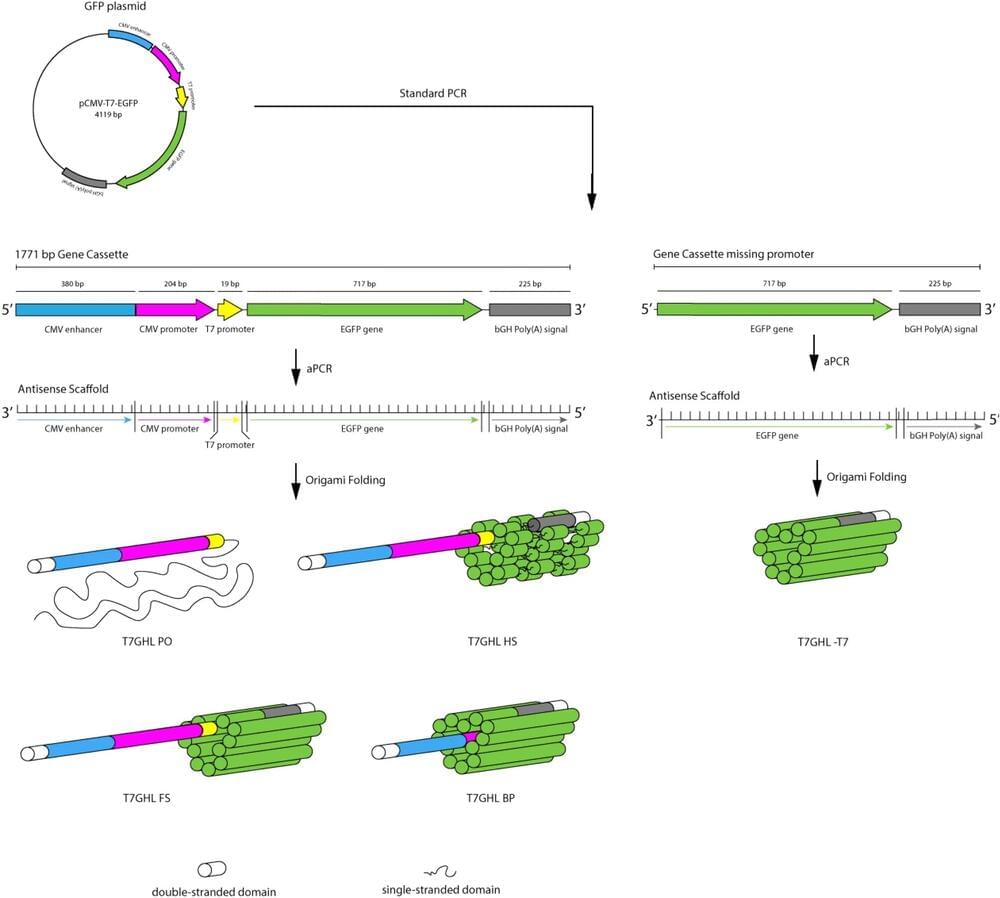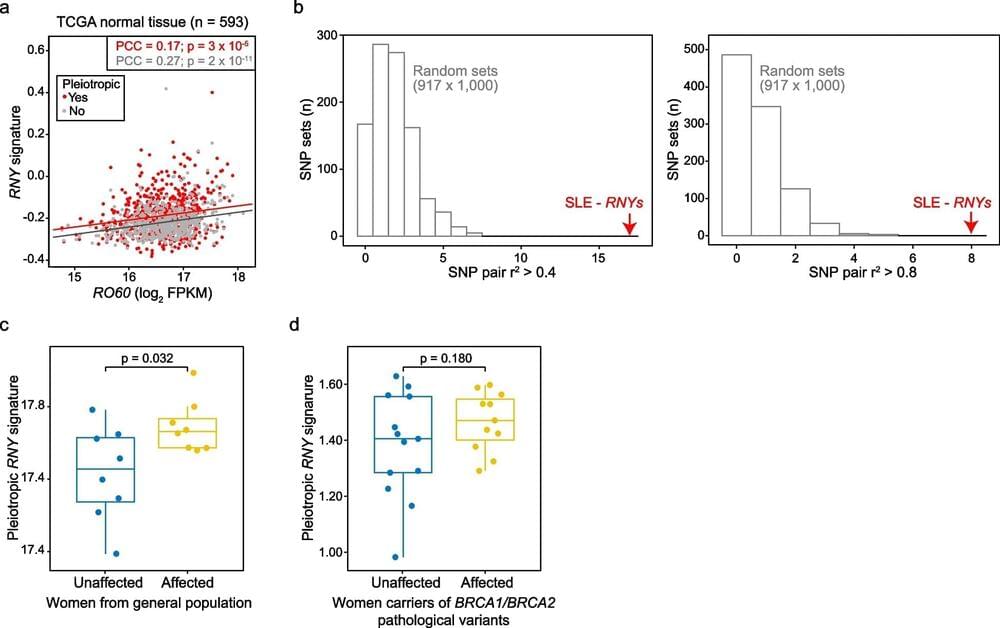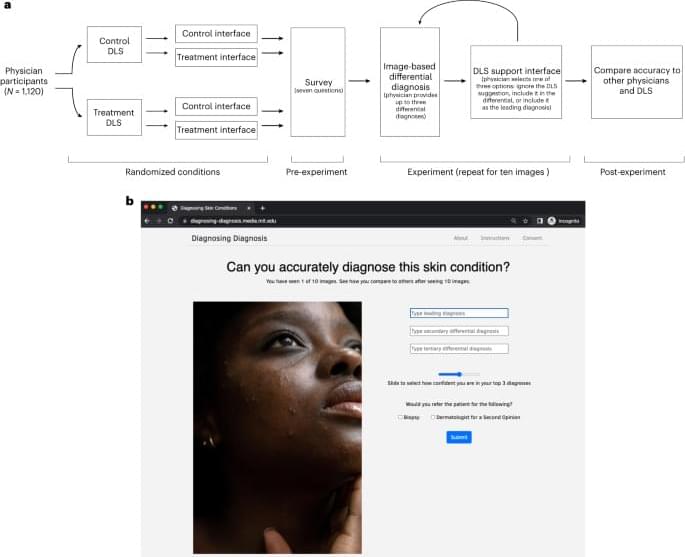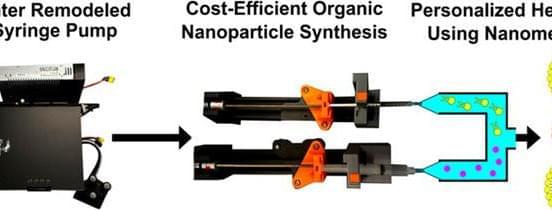A protein that has been widely studied owing to its association with neurodegenerative diseases such as amyotrophic lateral sclerosis (ALS) is also linked to medulloblastoma, a type of central nervous system cancer. Medulloblastoma is one of the most common and aggressive brain tumors in children, arising from undifferentiated cells during early neural development.
A study led by a group of Brazilian scientists has shown in vitro and in vivo that the gene VAPB is linked to cell proliferation in these tumors. An article on the study is published in the journal Scientific Reports.
The discovery points to a potential marker of severity and, after more research, a future therapeutic target. Medulloblastoma is currently treated with a combination of surgery to remove the tumor and radiation therapy and/or chemotherapy, both of which are aggressive and can cause long-lasting brain damage.

